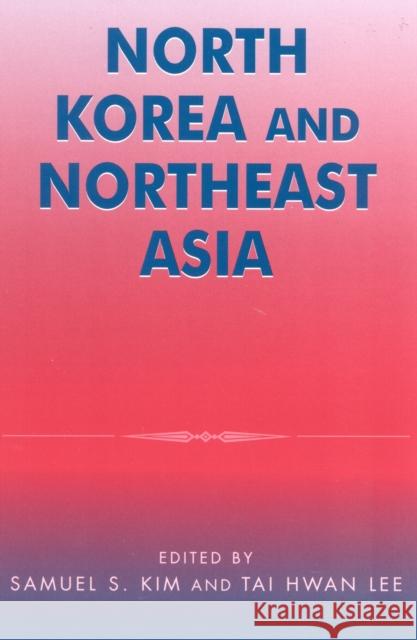North Korea and Northeast Asia » książka
North Korea and Northeast Asia
ISBN-13: 9780742517110 / Angielski / Miękka / 2002 / 304 str.
A country of stark contradictions and puzzles, North Korea exhibits uncanny resilience in the face of external shocks and internal woes, raising important questions of theoretical and real-world significance. What has made it possible for North Korea to defy the classical realist axiom, 'The strong do what they have the power to do and the weak accept what they have to accept'? What is the nature of the North Korean threat in post-Cold War Northeast Asia? What kind of bargaining leverage does Pyongyang exercise in system-maintaining survival strategies? What are North Korea's prospects for sustaining such survival strategies in the uncertain years ahead? This volume offers a major reappraisal of the changing relationship between North Korea and its neighboring powers in the post-Cold War era in both theoretical and practical terms. The contributors examine the complex interplay of global, regional, and national forces that have influenced and shaped the changing patterns of conflict and cooperation in North Korea's relationships with China, Russia, and Japan and with the United States. Within the context of Northeast Asian geopolitics, the book tracks, explains, and assesses North Korea's survival strategies in both the security and economic domains, as well as the prospects of these strategies in the coming years.











